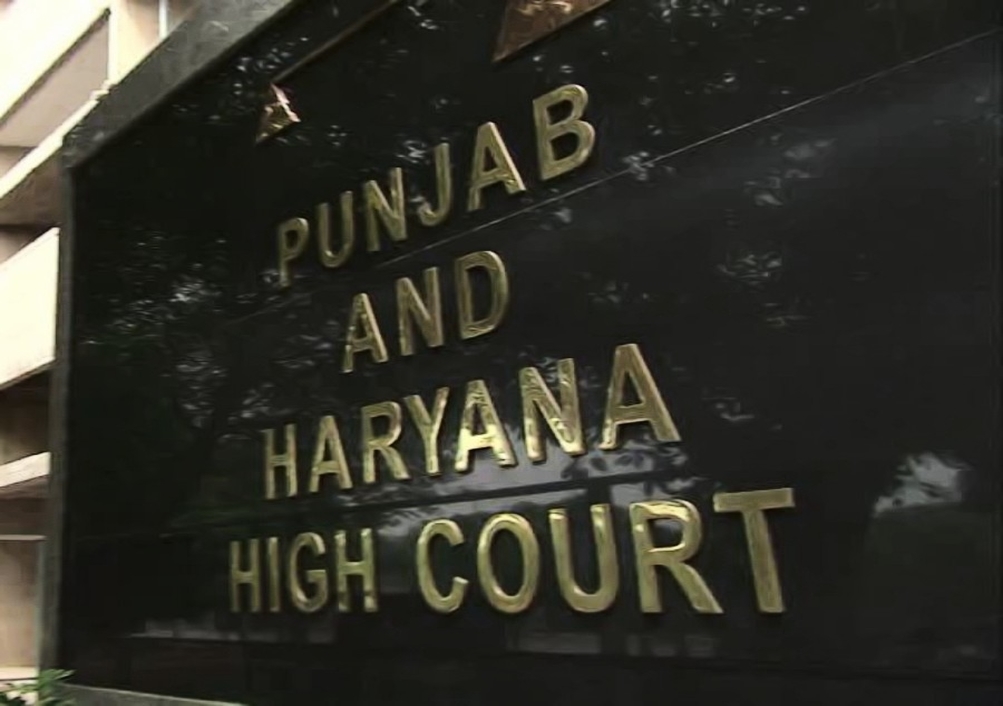Municipal Councillor is Public Servant and cognizance of offence cannot be taken without prior prosecution sanction u/s 197 CrPC, where Officer acts in discharge of his official duties: P&H High Court

Read Order: Kamaljit Singh Bhatia v. Jyoti Sarup & others
Monika Rahar
Chandigarh, March 22, 2022: While recording a finding that the Punjab Municipal Corporation Act, 1976 makes every officer a public servant under Section 21 of the IPC, the Punjab and Haryana High Court has held that the petitioner, who was the Municipal Councilor in Municipal Corporation, Jalandhar at the time of the commission of the alleged offence and lately was made Senior Deputy Mayor in the Municipal Corporation, was a public servant.
Thus, in this backdrop, Justice Jasjit Singh Bedi held that the petitioner would be entitled to the protection of Section 197 of Cr.P.C. as once the accused (public servant) had acted in the discharge of his official duties, then he was liable for the protection accorded under Section 197 Cr.P.C.
The Court was called upon to decide a petition impugning the order of the Additional Sessions Judge, Jalandhar, vide which the revision preferred by the petitioner against the Trial Court order summoning the petitioner along with others, to face trial in the criminal complaint under Sections 452, 166, 167, 427, 382, 388, 511, 411, 414, 201, 506, 148, 149 and 120-C IPC, was dismissed.
The Complaint case originated from the complainant’s complaint that the Municipal Councilor (First Accused-petitioner), Municipal Corporation, Jalandhar in connivance with other government servants demolished a portion of the property of which the complainant was a co-owner, on the ground that the complainant refused to supply water and electricity to a tenant who was living in a portion of the property of the complainant’s brother and was not paying rent for the same. The officials of the Municipal Corporation allegedly favoured the said tenant, and thus, they demolished a portion of the concerned property twice, as a result of which the complainant incurred a loss of Rupees 2 Lakh in her business establishment which was being run in the said property by her.
The Trial Court summoned all the accused, but upon revision filed by three such summoned accused, the Revisional Court set aside the summoning order on the ground that since the accused acted in their discharge of official duty, the Court could not have taken cognizance of the complaint in the absence of sanction under Section 197 Cr.P.C. The present- petitioner also filed a petition seeking quashing of the summoning order, but his revision was dismissed on the ground that the petitioner being a Municipal Councilor and at that time being a Senior Deputy Mayor in the Municipal Corporation, Jalandhar, was not a public servant. Hence, the present petition was preferred.
The petitioner’s counsel submitted that the petitioner was entitled to protection under Section 197 Cr.P.C. as according to Section 417 of the Punjab Municipal Corporation Act, 1976 (Act of 1976), every Councilor, Commissioner and Corporation officer and employee of every Councilor, Commissioner and other employee is deemed to be a public servant under Section 21 IPC. He thus, submitted that by virtue of Section 417 Cr.P.C., the petitioner, who was the then Senior Deputy Mayor of the Municipal Corporation, Jalandhar, was a public servant as defined under Section 417 read with Section 21 IPC.
Per contra, the complainant’s counsel argued that the petitioner being a Senior Deputy Mayor could not be a public servant, who was to get the protection under Section 197 Cr.P.C. He relied upon Ramesh Balkrishna Kulkarni Vs. State of Maharashtra, AIR 1985 SC 1655.
After looking into the relevant provisions Cr.P.C., IPC, and the Act of 1976, the Court opined that the law governing prosecution of a public servant is settled by various decisions of the Supreme Court and that the Punjab and Haryana High Court which was to the effect that cognizance of an offence cannot be taken without their being prior prosecution sanction under Section 197 Cr.P.C., where the officer concerned has acted in the discharge of his official duties.
Further, after perusing law laid down in State of Orissa Through Kumar Raghvendra Singh & others Vs. Ganesh Chandra Jew, 2004(2) RCR (Criminal) 663 (SC) and Vinod Krishna Kaul Vs. S.A. Khan, 2005(4) RCR (Criminal) 490 (P&H HC), the Court opined that once the accused (public servants) have acted in the discharge of their official duties, then they are liable for the protection accorded under Section 197 Cr.P.C.
Applying this legal position to the present case, the Court observed the finding against the present petitioner that he could not be accorded the protection under Section 197 Cr.P.C., as he was not a public servant, was contrary to law, as, on a combined reading of Section 417 of the Act of 1976 along with Section 21 IPC and Section 197 Cr.P.C., it would become clear that the petitioner was a public servant, who allegedly committed the offence in the discharge of his official duties (a finding of fact which was not challenged) and was prosecuted without sanction under Section 197 Cr.P.C.
Also, the Court added that the Punjab Municipal Corporation Act makes every officer a public servant under Section 21 IPC.
Thus, keeping in view the aforementioned discussion, the law as laid down as also the provisions of Section 21 IPC, Section 197 Cr.P.C. and Section 417 of the Punjab Municipal Act, 1976, the order of summoning and the order in the revision were set aside and the present petition was allowed.
Sign up for our weekly newsletter to stay up to date on our product, events featured blog, special offer and all of the exciting things that take place here at Legitquest.




Add a Comment